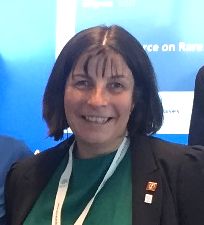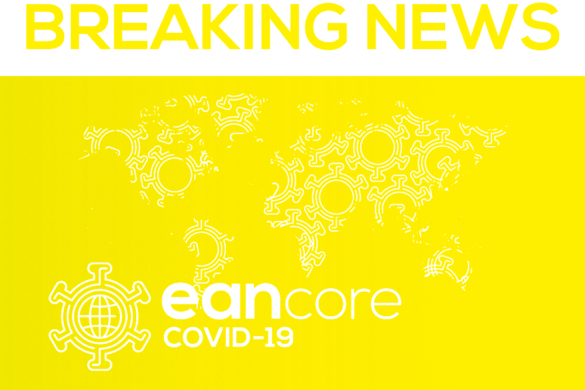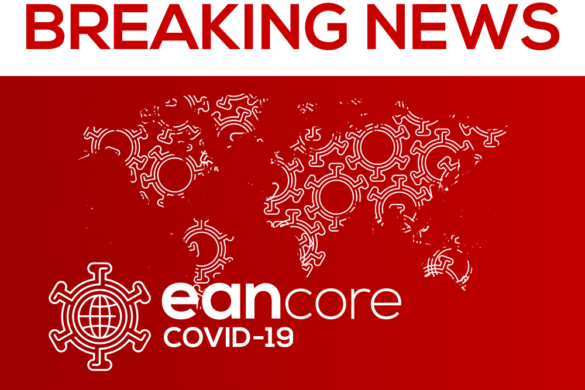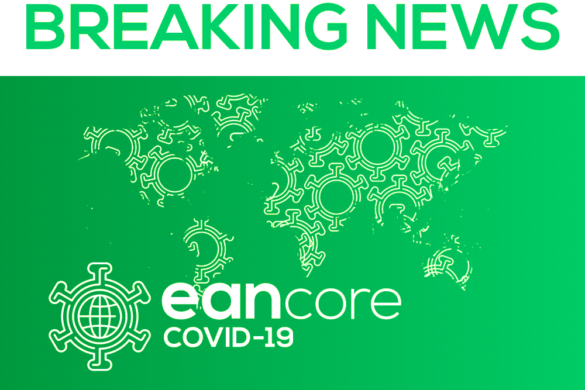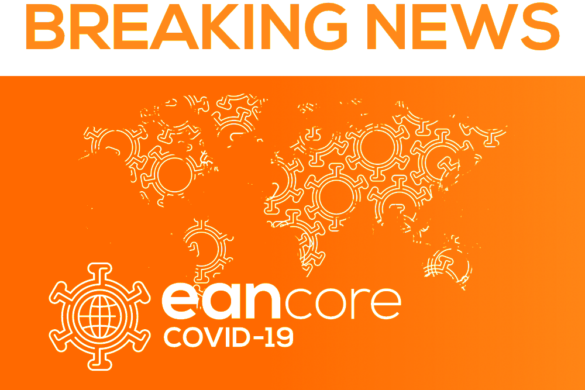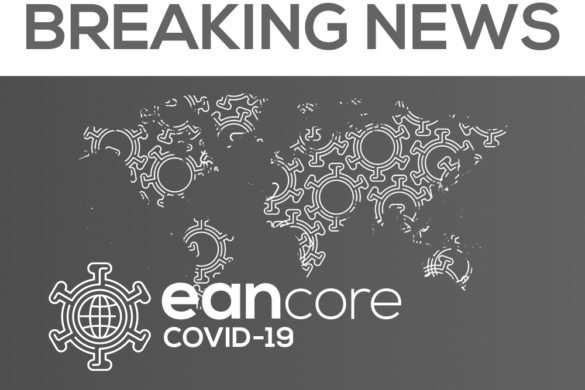EpiCare: A network for rare and complex epilepsies
Antonio Federico: What are the aims of your ERN?
Helen Cross: The objectives of the EpiCARE network will be:
- To improve accessibility of detailed diagnostics to individuals of all ages with rare and complex epilepsies across Europe, including clinical evaluation and investigation.
- To develop treatment protocols and monitor standardised outcomes of rare and complex epilepsies.
- To improve awareness and accessibility to protocols for physicians and individuals with rare and complex epilepsies across Europe for treatment.
- To enhance educational activities and training opportunities across Europe by interchange across the network.
- To enhance opportunities for registries, and collaborative research for the benefit of individuals with rare and complex epilepsies across Europe.
Antonio Federico: How is your ERN organised?
Helen Cross: The network will be structured through a series of 10 vertical workpackages (core networks); linked by further 5 horizontal workpackages (sub networks) linking diagnostics and therapeutics to enhance patient care. These will build on existing networks relevant to the specialised care of individuals with the rare epilepsies eg E-pilepsy (surgery), European Epilepsy Brain Bank. Each have specific objectives, with core deliverables, although each integrally depends on delivery of others. Most will be chaired by representatives from the European Reference Centres forming the network, although in a small number of situations individuals leading existing networks or workpackages within E-pilepsy continue to lead on the respective development.
Antonio Federico: What activities do you plan for the next years?
Helen Cross: The key objectives over the first 12months will be:
To establish the governance structure through consolidation and appointment to the committees;
- Management Board, initial meeting at launch (end of March), teleconference at 6 months and face to face meeting at 12 months
EpiCARE, page 2
- Steering Committee; monthly web meeting/teleconference; three face-to-face meetings
- External Scientific Advisory Board; e-communication and attendance at Management Board meeting for evaluation at 12 months
- Independent Ethics Committee; 6 monthly virtual meetings, with ad hoc as required
- To establish the individual working groups forming the basis to the work packages
- To establish regular web communication between the working groups
- To establish the website, coordinated through the central EU
- To establish links with all relevant patient support organisations, and provide links through the website
- To consolidate the care pathway at a national level in each country and consequently the care pathway to discussion at the ERC level
- To consolidate country wide networks, and referral pathway to ERN
- To consolidate the pathway for referral to each sub-network, or ultimately discussion within the virtual MDT
- To continue and widen applicability of the the virtual MDT meetings, through the centralised IT platform extending the ongoing work from E-pilepsy
Antonio Federico: Would you like to cooperate with EAN? If yes, how could this function?
Helen Cross: The most obvious cooperation besides the Rare disease panel, would be with the epilepsy panel. We would suggest specific collaboration with regard to education & training, as well as guideline development. I am aware that EAN are undergoing a scoping exercise as to what is already available. We aim to do this within the epilepsies, and decide the priorities from there.
Interview by Professor Antonio Federico, Chair of the EAN Scientific Committee

